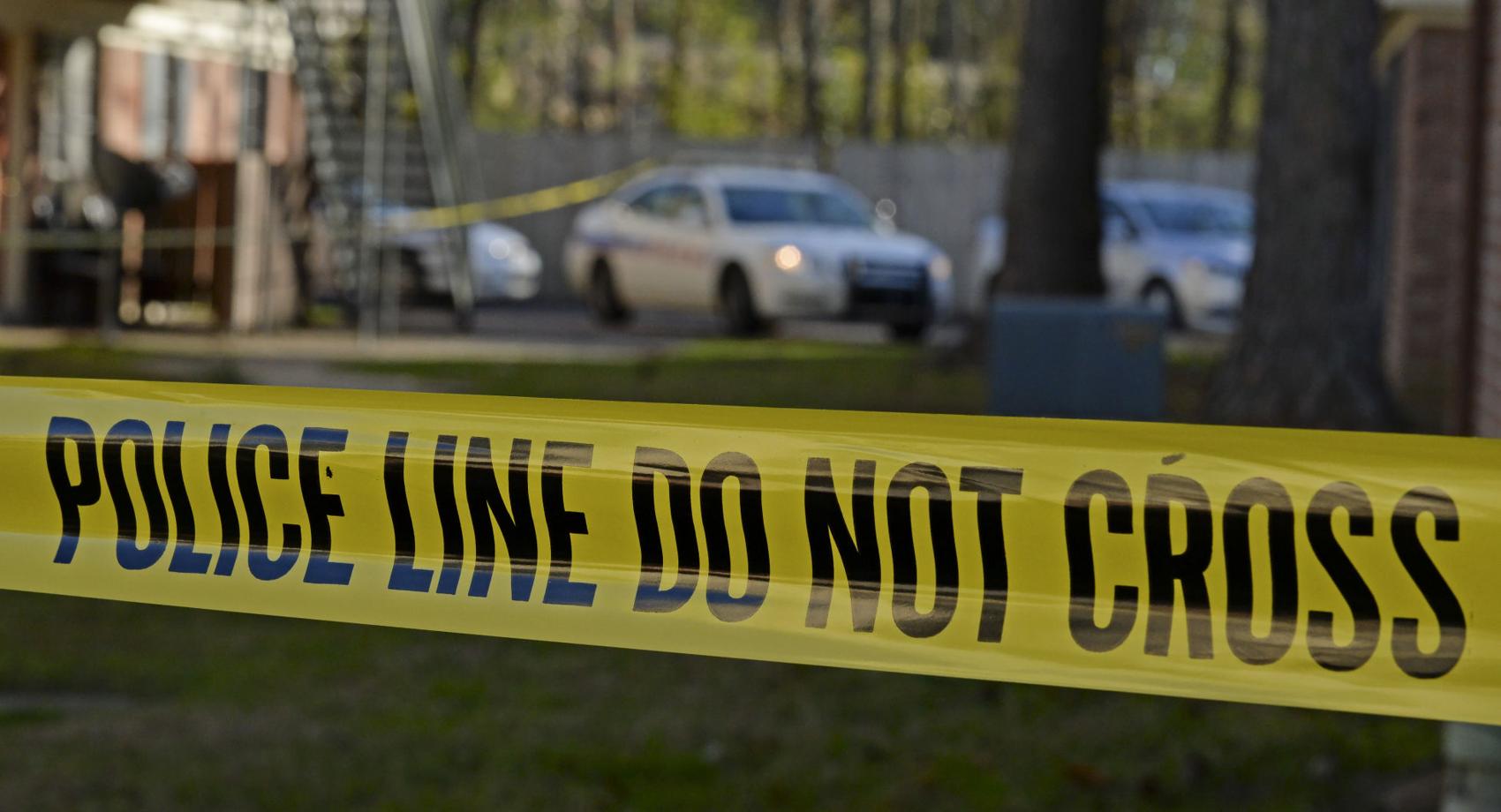Funeral Home Workers Discover Murder Missed by Police
By the time most bodies reach the average American funeral home, a physician or medical examiner has already determined the cause of death. But sometimes it pays to double-check their work. This couldn’t ring more true for Baton Rouge police as their first murder case of the year nearly slipped their grasp.
The murder, the first of 2020 for the Louisiana town, went undiscovered until a funeral home worker realized the victim hadn’t died by overdose, as determined by the Medical Examiner—he’d been fatally shot.
A hastily drawn conclusion
When police arrived at the home of Joah Ross on January 1 to find the 26-year-old unresponsive, they quickly deemed the death a drug overdose. Despite seeing “blood everywhere,” investigators found drugs at the scene and made a hasty determination without a thorough examination of the body. The body was released to a funeral home, where funeral home employees discovered the gunshot wound the next day.
Chief of Investigations for East Baton Rouge Coroner’s Office, Shane Evans, explained that his office (like many across the country) only conducts autopsies when they have reason to suspect foul play, and that first responders frequently find blood at the scene of overdose deaths. After discovering their error, police returned to gather evidence, but the family’s cleanup efforts could have already disturbed crucial clues.
Jamie Edwards, the victim’s sister, expressed her dismay at the late discovery. “Somebody’s got to be held accountable,” she told the press. The oversight allowed the crime scene to be compromised and cleaned up before investigators could properly assess it—the kind of mistake that can alter the outcome of criminal investigations. Edwards worries her brother’s killer could go free because investigators didn’t take his case seriously enough from the start.
Funeral home workers uncover more murders
This wasn’t the first time funeral home workers discovered murder evidence overlooked by law enforcement. Last year, the “natural” death of a 61-year-old Atlanta man became a homicide investigation when funeral home workers discovered stab wounds on the man’s neck. In this case, blood at the scene seemed suspect to investigators, but the Medical Examiner pointed to natural causes. After funeral home employees found stab wounds on the victim’s neck when moving the body, the police re-opened the case as a homicide and conducted a full autopsy.
In 2017, a Baltimore man faced murder charges after funeral home workers found neck trauma consistent with strangulation on the body of his mother. Cathy Kuhn was a healthy 63-year-old with no serious health problems, so the coroner’s assessment of natural causes surprised her husband. The injuries were not immediately obvious to law enforcement, but embalmers, trained to report any suspicious injuries, noticed the marks when they started to prepare the body.
Although such cases are relatively rare, funeral professionals have some training in identifying and reporting questionable trauma on the bodies of clients. “We just did our job,” said Paul Hartsock, manager of the Baltimore funeral home. After the discovery, Erich Kuhn made a full confession. Captain Jarron Jackson of Baltimore Police called it a system of “checks and balances,” praising the professionalism of the funeral home workers as a valuable added line of defense in murder investigations.
In a similar case, Pennsylvania authorities arrested Geraldine Cherry for murder after embalmers found candy wrappers and rope inside the throat of her deceased 70-year-old roommate. The roommate, Kathleen McEwan, was believed to have died of natural causes until the funeral home alerted the authorities to their find.
A second line of defense
Such errors can have far-reaching consequences and decisive effects on murder investigations. The delayed discovery of a crime leads to the potential destruction of valuable evidence and the loss of precious time. In these instances, the thoroughness of competent funeral home workers made the key difference in discovering and prosecuting criminal cases that could have gone completely undetected by law enforcement. Although funeral directors are not officially part of the criminal justice system, cases like these show that they play a critical role in verifying and sometimes correcting information about suspicious deaths.




